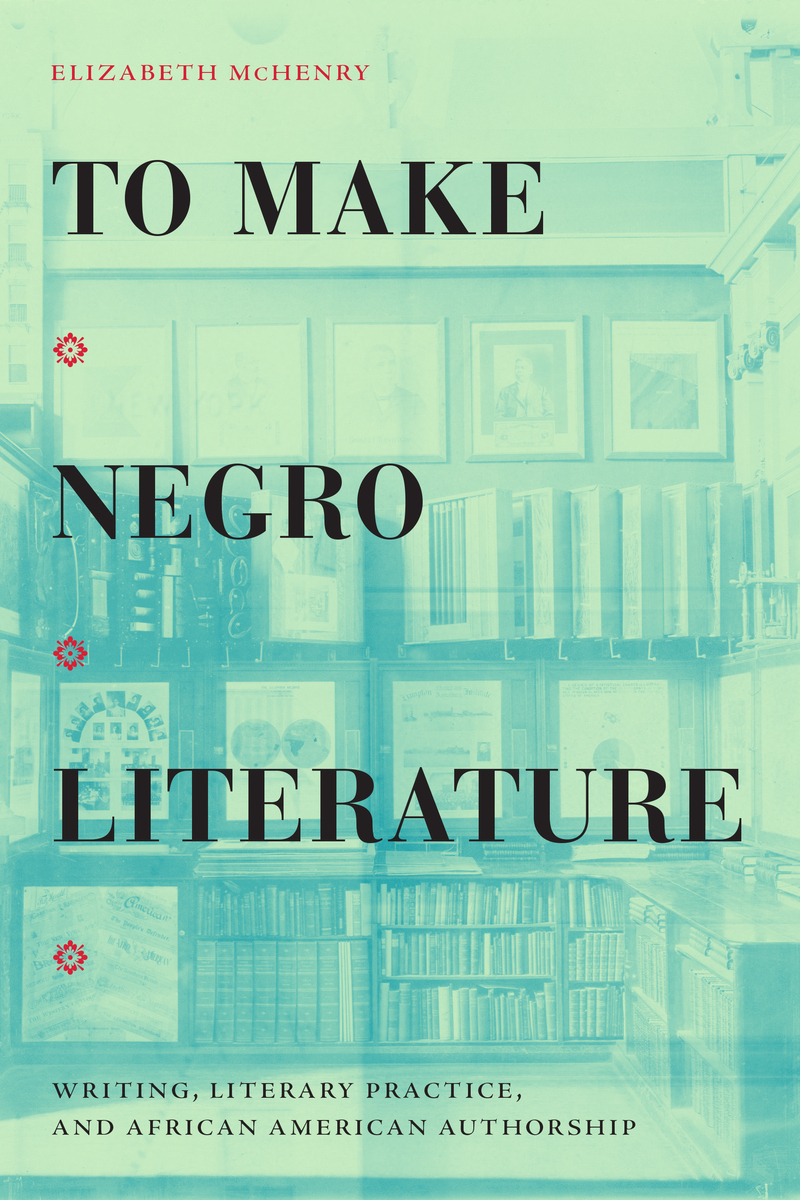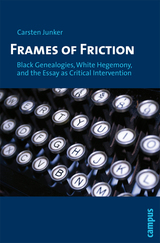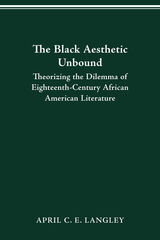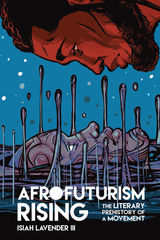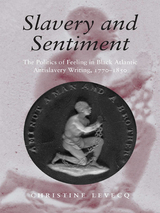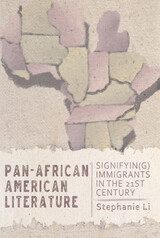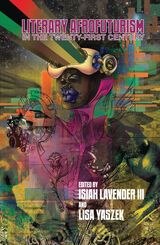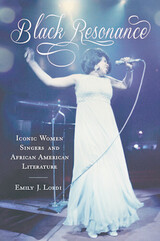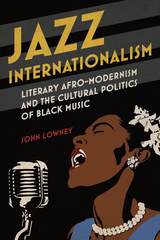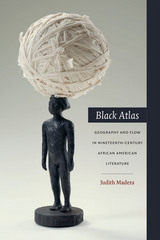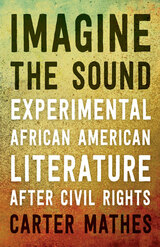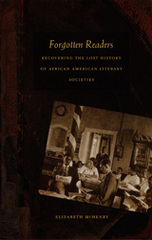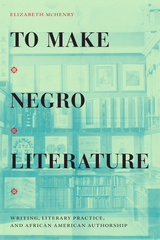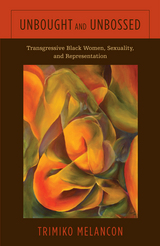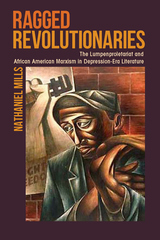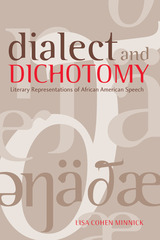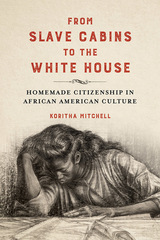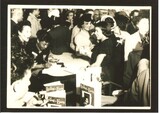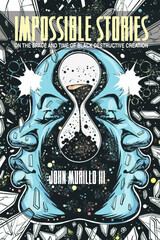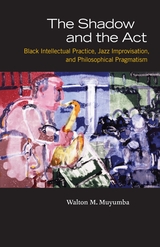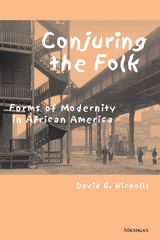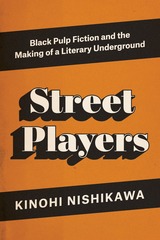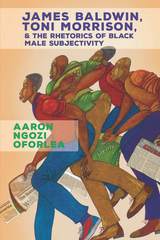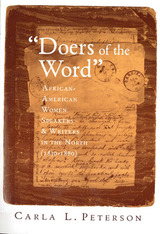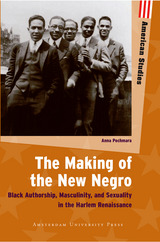To Make Negro Literature: Writing, Literary Practice, and African American Authorship
Duke University Press, 2021
Paper: 978-1-4780-1451-5 | Cloth: 978-1-4780-1359-4 | eISBN: 978-1-4780-2181-0
Library of Congress Classification PS153.N5M37 2021
See other books on: African American authors | African Americans in literature | Books and reading | Literary Practice | McHenry, Elizabeth
See other titles from Duke University Press
Paper: 978-1-4780-1451-5 | Cloth: 978-1-4780-1359-4 | eISBN: 978-1-4780-2181-0
Library of Congress Classification PS153.N5M37 2021
ABOUT THIS BOOK | AUTHOR BIOGRAPHY | REVIEWS | TOC | REQUEST ACCESSIBLE FILE
ABOUT THIS BOOK
In To Make Negro Literature Elizabeth McHenry traces African American authorship in the decade following the 1896 legalization of segregation. She shifts critical focus from the published texts of acclaimed writers to unfamiliar practitioners whose works reflect the unsettledness of African American letters in this period. Analyzing literary projects that were unpublished, unsuccessful, or only partially achieved, McHenry recovers a hidden genealogy of Black literature as having emerged tentatively, laboriously, and unevenly. She locates this history in books sold by subscription, in lists and bibliographies of African American authors and books assembled at the turn of the century, in the act of ghostwriting, and in manuscripts submitted to publishers for consideration and the letters of introduction that accompanied them. By attending to these sites and prioritizing overlooked archives, McHenry reveals a radically different literary landscape, revising concepts of Black authorship and offering a fresh account of the development of “Negro literature” focused on the never published, the barely read, and the unconventional.
See other books on: African American authors | African Americans in literature | Books and reading | Literary Practice | McHenry, Elizabeth
See other titles from Duke University Press
